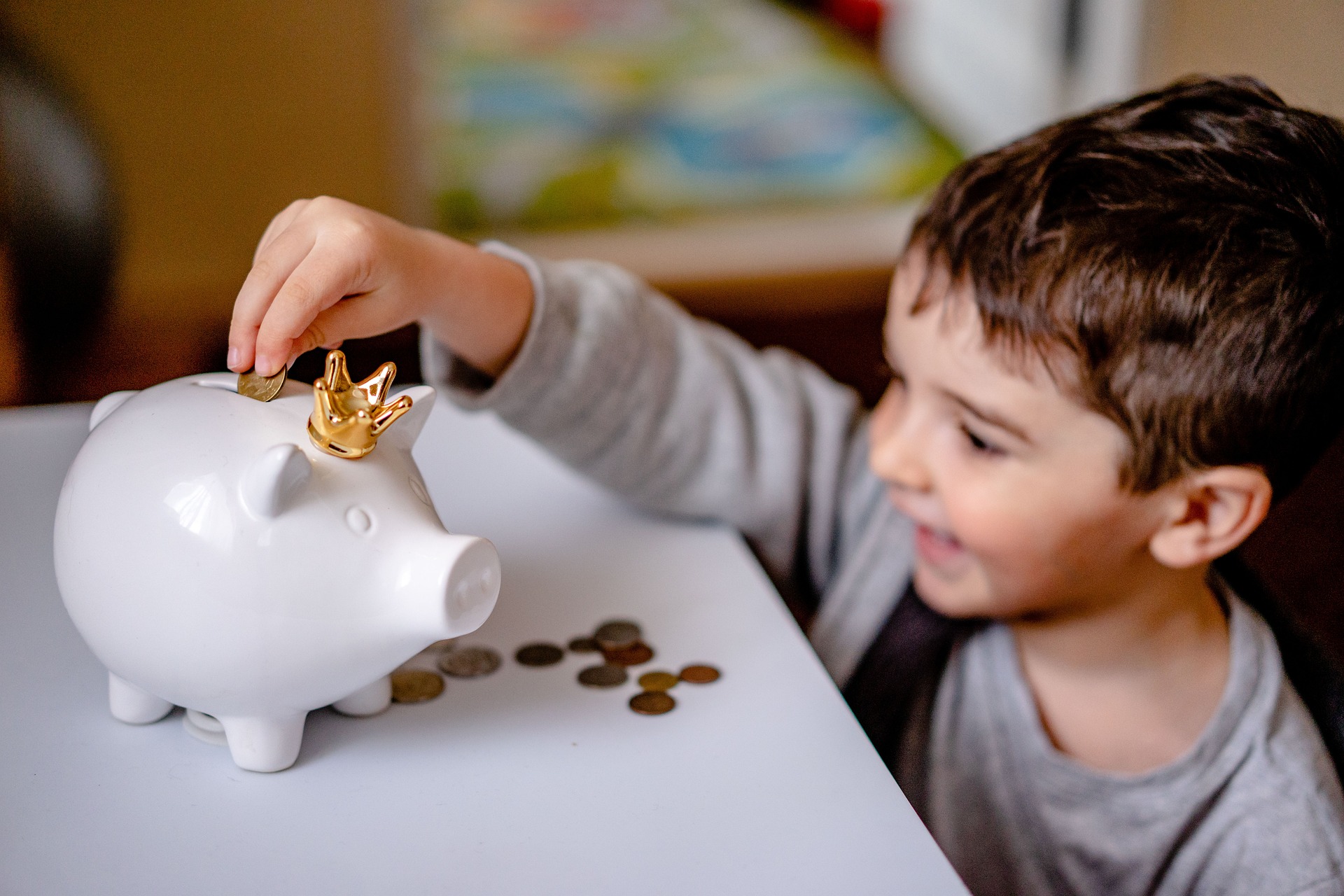There’s no doubt that money management is an important life skill.
From budgeting for food, paying bills, saving for a house deposit and setting up direct debits, most adults deal with some form of financial management on an almost daily basis.
Teaching children about money from an early age can help them develop good habits. The Bank of England has even created a ‘Money and Me’ resource for primary school children to help build their skills.
But learning about finances can also take place outside of the classroom to help them learn the value of everyday items. And this can be done in a variety of ways.
Money talks
Don’t be afraid to talk about money with or around your kids. This will give them the confidence and opportunity to ask questions and learn why managing money is a crucial part of life. If your children are young, it’s a good idea to start with the basics.
Explain how having a job allows someone to earn money and that this is then used to pay bills and buy everyday essentials such as food, and household items and even pay for transportation.
Demonstrate good habits when shopping
Take your children along to the supermarket, explaining the cost of certain items and how some are more expensive than others. Paying in cash will enable them to recognise that you’re handing over something tangible, or, alternatively, talk them through what a debit card is if they’re old enough to understand.
It’s also a good idea to get receipts where you can and allow your children to go through them afterwards. You could even make a game of collecting them and comparing the amount you spend every week.
Open a child savings account
Giving them the opportunity to open their own child savings account will provide a level of responsibility and allow them to develop the skills needed to save money. Try and visit a bank in-store with your child to set one up and create small savings goals so they can see the results of their hard work.
Teach them how to budget
Make budgeting into a fun and interactive activity with the help of an online budgeting tool. Seeing a visual representation will help children understand what a budget is and how it can help them save.
Pocket money
Start giving your children a small amount of pocket money but make sure they do something to earn it, such as carrying out a few easy household chores or helping to wash the car. This will help them learn about the value of money and it also gives them the opportunity to add to their savings.
By taking some time to involve children in money management, they’re more likely to develop good habits that will last a lifetime.











